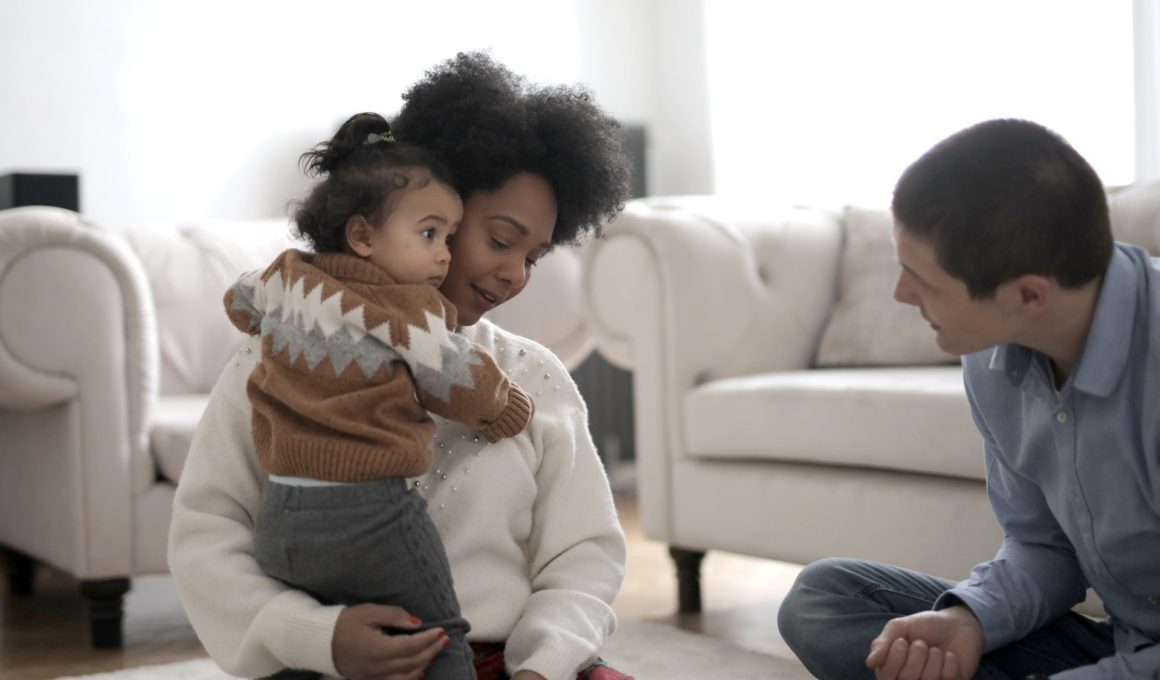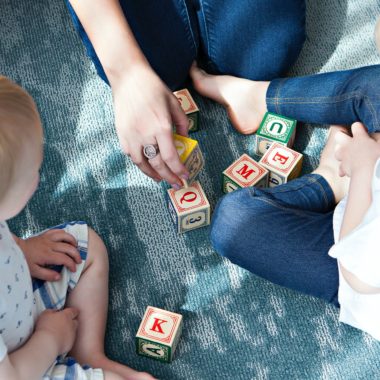The joy of every parent is to see their children grow, that is, seeing them meet up with both physical and mental growth requirements at every stage of their lives. Development takes course immediately after a child is birthed. Developmental delays are the inability of a child to meet up with his/her developmental milestones. These milestones give an idea of changes every child should attain at a certain stage.
However, parents should not be too worried when they realize their child’s development is not moving at the normal pace as it could be temporary or due to the fact that every child develops differently. Mothers are advised to speak with their pediatrician if the delays are multiple or they continue with no improvement over time.
Related: What Your Baby Should Be Doing (SERIES 1): 3 Months
Causes of developmental delays
They are a number of things that can contribute to this. They include;
- Pregnancy complications such as premature birth or infections.
- Genetic disorders which include fragile X syndrome or Down syndrome.
- Underlying medical conditions such as Autism spectrum disorders (ASDs), hearing loss caused by chronic ear infections, illnesses, eye problems, etc.
- Parental health and behavior: This includes parental nutrition, smoking, drinking (which causes fetal alcohol syndrome) during pregnancy, etc.
- Exposure to environmental toxins: This condition may occur due to mother or child’s high-level exposure to environmental toxins such as lead.
- Difficult family situations such as stress or trauma.
- Poor child nutrition.
Types of developmental delays in infants and toddlers.
- Movement or motor delays: It can either be fine or gross motor skills. This is the ability to use small muscles in children such as hand muscles. Motor delays affect walking, jumping, climbing, or crawling. These can be caused by the stiffness of arm and legs, undeveloped muscles due to premature birth, eye problems, etc. Parents should engage in physical activities with the child such as walking, chasing, etc. You can speak to your doctor if there’s no improvement.
- Speech and language developmental delays: Infants have a way of communicating, they cry to express hunger or seek attention. Speech delay is when children aren’t saying as many words as expected for their age while language delay is when children don’t understand what is said or can’t express their needs. Hearing problems, dysarthria (problem with speech controlling muscles), genetic disorders, or Autism spectrum disorder (neurological disorders) can cause language and speech delay. When this is suspected, it is advisable to seek the help of a speech-language pathologist to test your child’s speech and language skills. Parents should talk, sing, or laugh with the child and encourage the child to do the same.
- Cognitive developmental delays: This is referred to as thinking delay. This delay is due to the inability of the kid to think or learn at an age that they are expected to. It may be caused by exposure to environmental toxins, down syndrome, fetal alcohol disorders, or newborn medical problems. This child needs a therapist or an educator to see them through. A doctor’s attention should be called if there is no improvement.
- Vision developmental delays: Eyes problems such as retinopathy of prematurity which affects premature infants, long or short-sightedness, clouding of eyes lens, etc. may cause vision delays. A condition whereby the child doesn’t recognize the presence of someone or can’t locate an object. This should be treated early by using recommended glasses, contact lenses, or surgery.
- Emotional and social developmental delays: Depending on the stage, these delays are expressed differently. Emotional and social delays in infants are their inability to smile or communicate with sounds while in toddlers is when they have problems interacting with adults or other children. It may be caused as a result of cognitive delays, parental neglects, or Autism spectrum disorder-a neurological disorder which causes communicating difficulties. Parents should watch closely to see if their kids lose skills they’ve already learned, they should be more attached to their children to help them improve and may seek help from a therapist.
Related: What Your Baby Should Be Doing (SERIES 2): 6 Months
It is difficult to know the exact cause of developmental delays. The earlier any of these delays are noticed, the earlier they should be treated to prevent it from getting worse. Parents should take their child to a doctor or developmental and behavioral pediatrician if they are worried about their child’s development.
- How Setting Postpartum Boundaries made me lose my brother - February 6, 2025
- How To Revive Your Sex Life After Baby - October 17, 2023
- The Sona App Aims To Make Your Child “Sleep Like A Baby” And We Tested It - May 14, 2023








